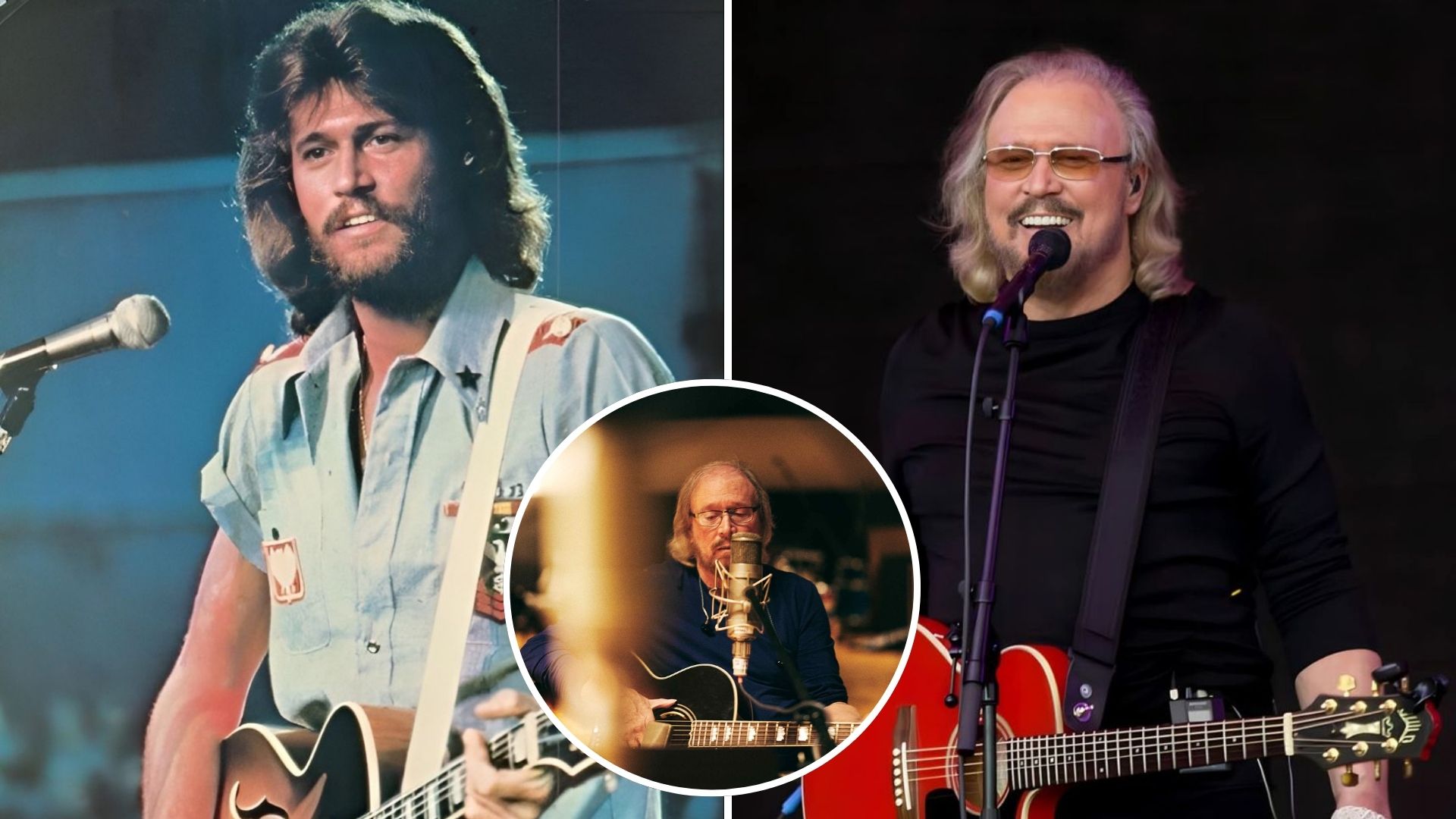
Can one man embody disco, pop, and heartbreak all at once? If that man is Barry Gibb, the answer is undeniably yes. As the last surviving member of the Bee Gees, Gibb is far more than a musician — he is a living testament to an era that shaped generations. Alongside his brothers, Maurice and Robin, he didn’t just follow the sound of the 1970s — he defined it. When Saturday Night Fever exploded onto screens in 1977, the Bee Gees didn’t merely dominate the charts — they set them ablaze.
Famed for his soaring falsetto, Barry Gibb’s voice became the heartbeat of disco. Yet to credit him only as a vocalist would be to overlook his true genius. He was the writer, the producer, the architect behind the music. His pen created not only the Bee Gees’ greatest hits but also timeless classics for Barbra Streisand (“Woman in Love”), Dolly Parton and Kenny Rogers (“Islands in the Stream”), Diana Ross, and countless others. His craft lay in weaving lush harmonies, polished production, and lyrics steeped in vulnerability — all delivered with effortless grace.
When disco’s popularity faded in the early 1980s, Barry Gibb never wavered. Styles changed, audiences shifted, but he kept writing, producing, and shaping songs that mattered. Over time, the world rediscovered the Bee Gees’ brilliance. Hip-hop artists sampled their tracks, films reignited their sound, and new generations — decades removed from disco’s heyday — found themselves moving again to Barry’s melodies.
In 1997, the Bee Gees were inducted into the Rock and Roll Hall of Fame, not only for their commercial triumphs but for their indelible cultural impact. Through it all, Barry remained remarkably grounded — charismatic, humble, and always devoted to the music above all else.
Now in his late seventies, Barry Gibb continues to perform, record, and reflect. His 2021 project, Greenfields, reimagined Bee Gees classics through a country lens, collaborating with modern artists to prove that great songwriting transcends genre and time.
He is, at his core, a master of melody — a man who transformed grief into harmony, heartbreak into poetry, and disco into something deeper, something enduring.
In a world that evolves at lightning speed, Barry Gibb remains timeless. His voice may have softened, his presence more understated, but his songs still strike the heart with the same power they carried half a century ago.
Because when melody meets memory, when harmony rises from heartbreak, one man can indeed carry it all. His name is Barry Gibb.